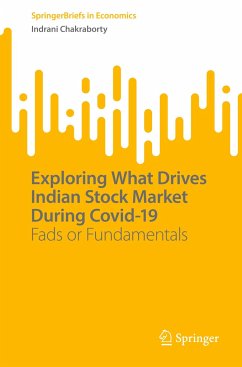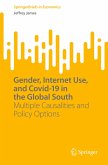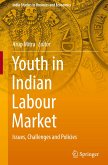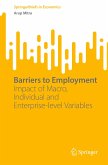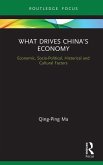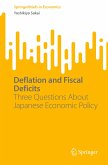This book analyses the dynamics of Indian stock market with a special emphasis during the period following emergence of Covid-19. Coming from the instability in stock market following Covid-19, it delves deeper into the dynamics and unfolds the causal relationship between various economic fundamentals and the stock prices. Observing short-term herding in the stock market following Covid-19, the book's finding suggests that investors in the Indian stock market made investment choices irrationally during Covid-19 crisis periods. It also showcases how the stock market became inefficient following the emergence of pandemic and did not follow the fundamentals. Interestingly, the findings suggest no relationship between stock returns and real economic activities in India. The format of presentation makes the book well suited not only for students, academics, policy makers and investors in the stock markets, but also people engaged or interested in business and finance. The book wouldthus be of interest to both specialists and the laity. Analysis contained in this book will help different readership groups in different ways. Researchers from economics and finance disciplines will be able to learn about frontiers in the theoretical paradigms discussed in the book; advanced econometric techniques applied in the book will also be useful for their own research. The macroeconomic insights, and insights from behavioural economics, can expand the knowledge of corporate sector, useful in making real life decisions. Finally, it will help policy makers, like SEBI (Securities and Exchange Board of India), to formulate appropriate regulatory policies so as to minimize possibility of speculative bubbles as experienced during the pandemic period in the Indian stock markets.
Bitte wählen Sie Ihr Anliegen aus.
Rechnungen
Retourenschein anfordern
Bestellstatus
Storno

